- Home
Page 4
Page 4
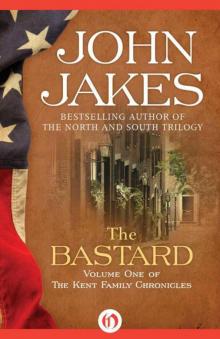 The Bastard
The Bastard The Furies
The Furies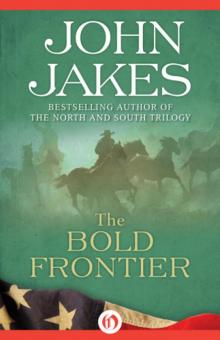 The Bold Frontier
The Bold Frontier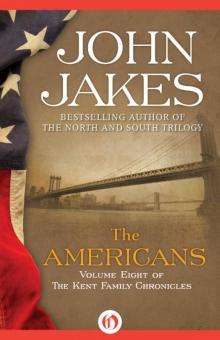 The Americans
The Americans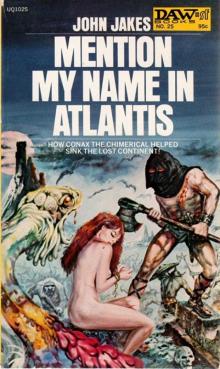 Mention My Name in Atlantis
Mention My Name in Atlantis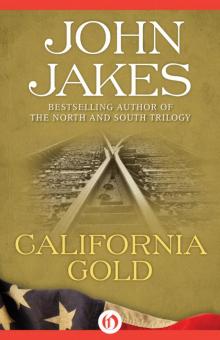 California Gold
California Gold North and South
North and South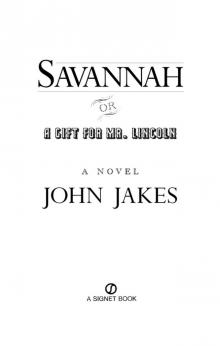 Savannah, or a Gift for Mr. Lincoln
Savannah, or a Gift for Mr. Lincoln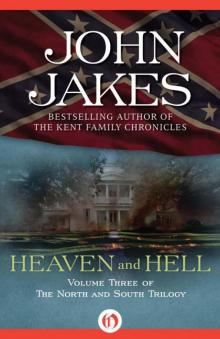 Heaven and Hell
Heaven and Hell Homeland
Homeland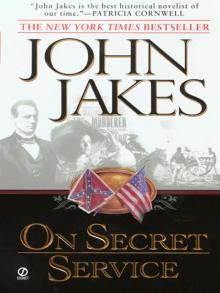 On Secret Service
On Secret Service The Lawless
The Lawless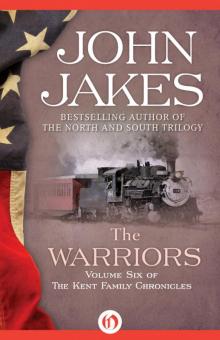 The Titans
The Titans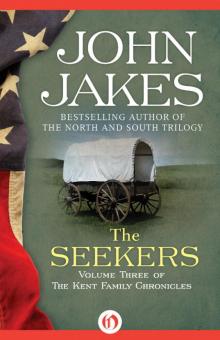 The Seekers
The Seekers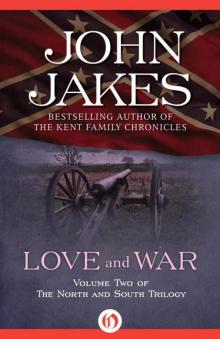 Love and War
Love and War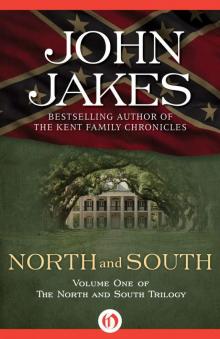 North and South: The North and South Trilogy (Book One)
North and South: The North and South Trilogy (Book One)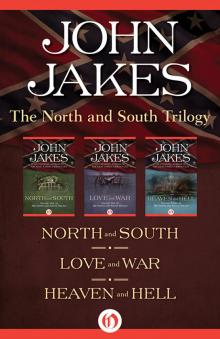 North and South Trilogy
North and South Trilogy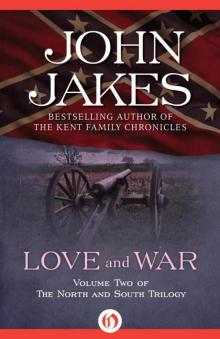 Love and War: The North and South Trilogy
Love and War: The North and South Trilogy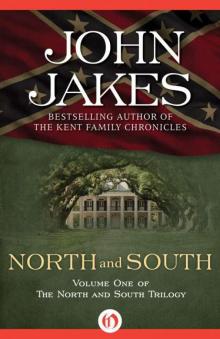 North and South: The North and South Trilogy
North and South: The North and South Trilogy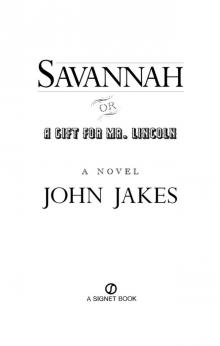 Savannah
Savannah Lawless
Lawless Conquest Of The Planet Of The Apes
Conquest Of The Planet Of The Apes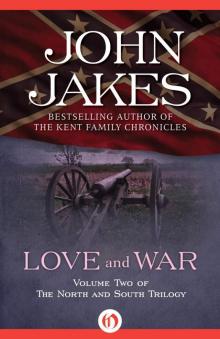 Love and War: The North and South Trilogy (Book Two)
Love and War: The North and South Trilogy (Book Two)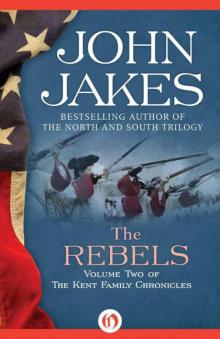 The Rebels: The Kent Family Chronicles
The Rebels: The Kent Family Chronicles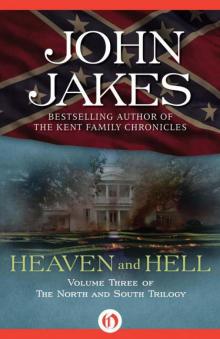 Heaven and Hell: The North and South Trilogy
Heaven and Hell: The North and South Trilogy Planet of the Apes Omnibus 2
Planet of the Apes Omnibus 2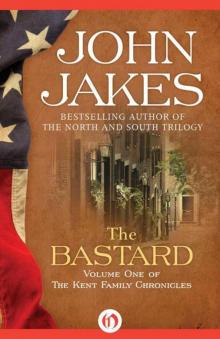 The Bastard: The Kent Family Chronicles
The Bastard: The Kent Family Chronicles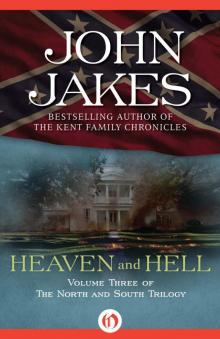 Heaven and Hell: The North and South Trilogy (Book Three)
Heaven and Hell: The North and South Trilogy (Book Three)